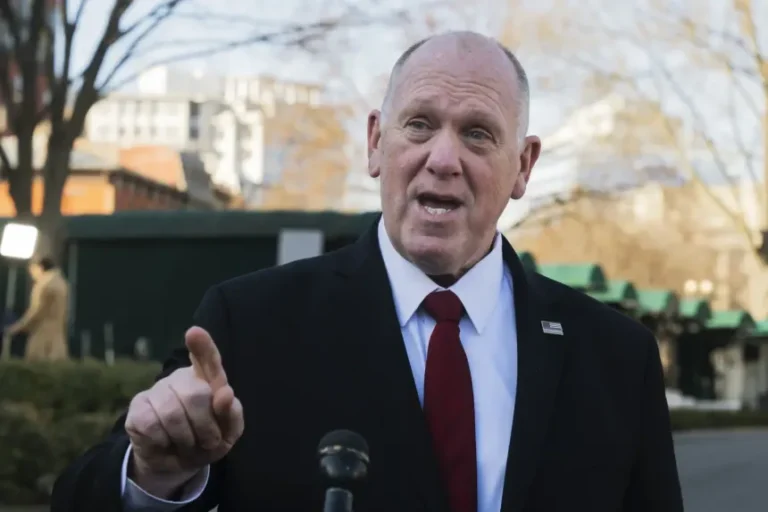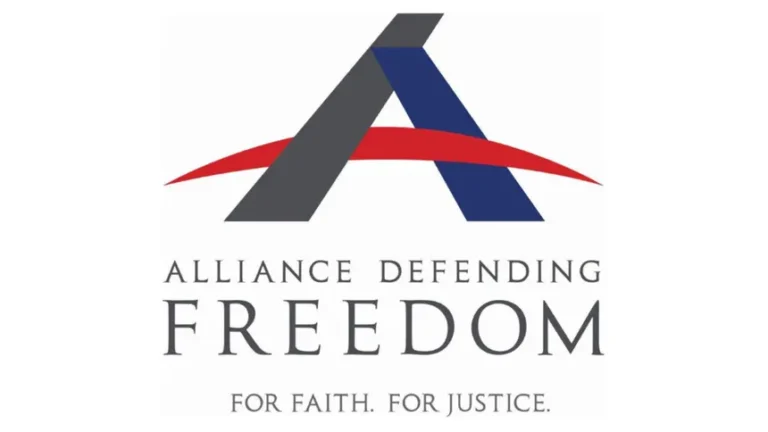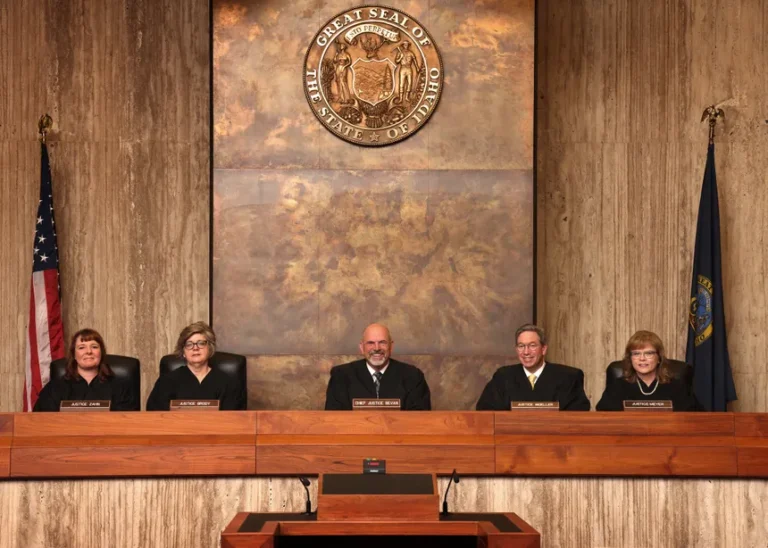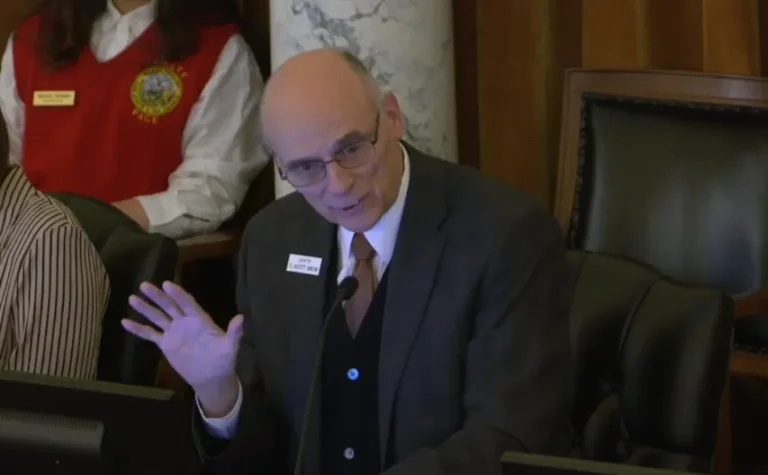
This photo taken March 22, 2013 shows the exterior of the Internal Revenue Service building in Washington. The IRS has taken "significant actions" to stop agents from targeting political groups based on their names and policy positions, according to a report issued Thursday by the government watchdog who disclosed the inappropriate activity two years ago. (AP Photo/Susan Walsh) ORG XMIT: WX116
IRS Reinterprets Johnson Amendment for Religious Organizations
The Internal Revenue Service has stated that pastors who endorse political candidates during religious services should not face the loss of their church’s tax-exempt status.
In a recent court filing, the IRS joined plaintiffs — including the National Religious Broadcasters Association — in asking a federal court in Texas to block enforcement of the Johnson Amendment against religious groups.
Background on the Johnson Amendment
The Johnson Amendment, added to the U.S. tax code in 1954, prohibits tax-exempt organizations, including churches, from supporting or opposing political candidates. The plaintiffs argued the rule violates their constitutional rights to free speech and religious exercise.
In the filing, the IRS and plaintiffs wrote that the law should not apply to “communications from a house of worship to its congregation in connection with religious services through its usual channels of communication on matters of faith.”
Historical Context and Executive Action
The IRS has rarely enforced the Johnson Amendment against churches for political speech. In 2017, President Donald Trump issued an executive order directing the Treasury Department to avoid applying the rule to religious organizations.
“I will get rid of and totally destroy the Johnson Amendment and allow our representatives of faith to speak freely and without fear of retribution,” Trump said at the National Prayer Breakfast that year.
Earlier in 2025, some Republican lawmakers introduced legislation to repeal the amendment entirely.
Next Steps in the Case
The joint filing seeks to resolve ongoing litigation over the amendment’s application to religious institutions. Representatives from both the IRS and the National Religious Broadcasters Association declined to comment on the filing.
The New York Times first reported the news of the court document.





